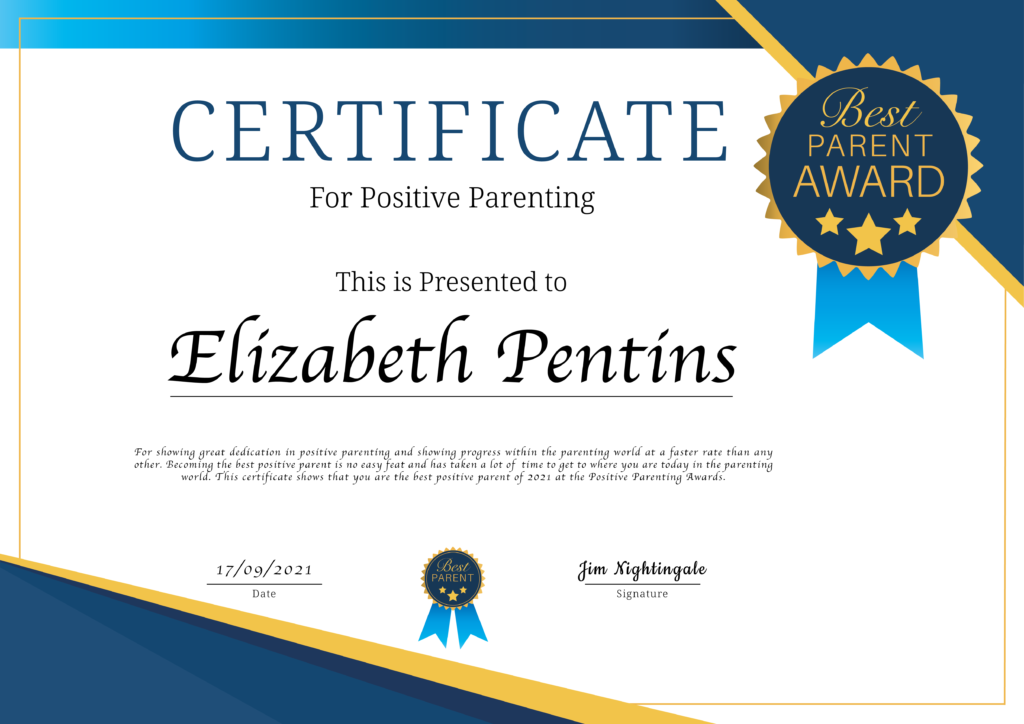What Is Parenthood?
An individual becomes a parent when they’ve entered the stage of parenthood. This is likely to happen when their child is born, sign legal documents for adoption, marrying someone or have a relationship with someone with children.
The Importance Of Parenthood
When a child arrives to the world, they could help build the connection with the family. They could bring the family together as whole. Although, for parents they have an opportunity to give their children guidance, and to teach them many things so they can pass it on to their future children. Also, new parents will eventually understand their parents love and viewpoint of life, when having a child of their own.
What Are The Parenting Skills?
They are many positive skills that parents should use to look out for their child. Parenting skills are important because it can have a positive impact on the child’s development and behaviour.
Love And Making Time For Your Child
Showing unconditional love for your child and caring for them will gain healthy relationship between the both. As well as, supporting and guiding them through situations they may be going through. It also links to making time for your child or children. Yes, it can be difficult because of the busy schedules or even work you have to attend to. But, the child needs attention from their parents, otherwise there would be a negative outcome in their behaviour.
Discipline
Like in every household, it is important to discipline your child. Teaching your child appropriate manners, having good behaviour and self-control will help develop into mature and responsible adults. Also, having house rules will help children to understand your expectations, as long as there’s no inappropriate name-calling, hitting, and hurtful statements. If there’s no discipline, the child’s behaviour will turn out to be opposite. The discipline needs to be consistent.

Child’s Self-Esteem
You should encourage your child to have good self-esteem. Complimenting their achievements will them proud and most certainly boost their confidence. They will be capable to do things independently and remain strong. Don’t let your child down by using hurtful words or make them feel worthless, because it can affect their well-being. Always think before you say something, and let them know that you love them no matter what.
Good Role Model
A parent should be a great role model for their children. When children grow up, they tend to pick on their parent’s habits, their action and words, and whether if they bring positivity or negativity to the environment. It does have an impact them. Before lashing out on your child, think about the sins and regret you might be carrying along. Prevent from making mistakes repetitively. Treat your child, and teach them respect, being friendly and kind to others, honesty, and unselfishness.
Communication
Communication is the key to a healthy relationship between the child and the parent. When a child has been told a specific thing or what to do, they expect explanation from their parent. Once explaining a certain thing to them, it would help them to understand and learn not to criticise. And, when your child might going through a situation, it is best to look out for them. But also, space for children is important because until they are ready to talk, they will ask for help and guidance.
Limits Of Parents And Well-Being
All parents are not perfect, as well as every individual human being. Parents should be capable to be loving towards the child and must be committed to parenting. As well as, being more consistent with regulation. You should be able to pay attention to most of the things that you need aware of. But, if you need to take a break, go out and do what makes you content for yourself, or also your partner. Focusing on your own well-being is unselfish, and that is another principle worth teaching your child.